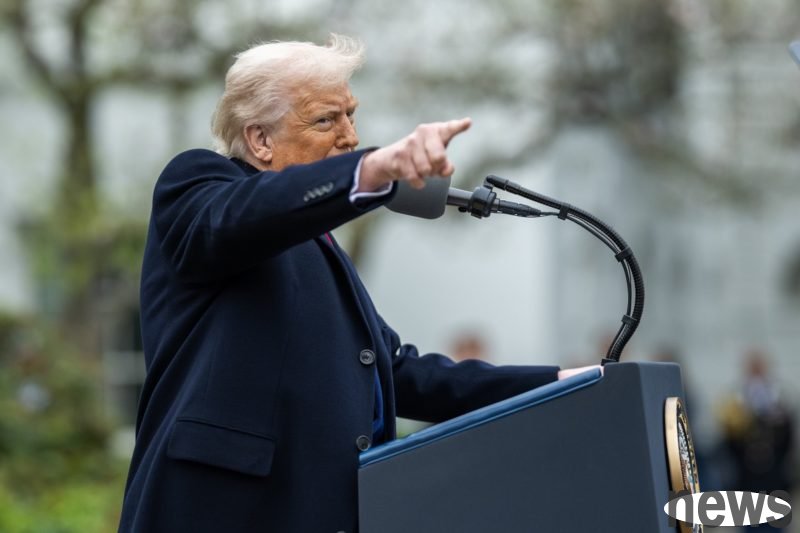
NVIDIA and AMD have agreed to transfer 15% of the chips sold in China to the U.S. government to exchange for semiconductor export permits. However, this overwhelming trade method may open up a new battleground.
Former U.S. trade judge and current researcher at Yusof Ishak Institute (ISEA), Stephen Olson, believes that this practice is rare and seriously underestimated the situation. "We actually see that the currency of US trade policies is being made. American companies must pay the government to have export permission. If this is the case, it means that we have entered a new and dangerous world."
Trade experts point out that this chip split arrangement may face legal challenges because it may be considered "export tax", but export tax is not allowed under US law.
NVIDIA's split agreement with AMD may also prompt White House to expand its target to other industries and commodities. Deborah Elms, head of trade policy at Hinrich Foundation in Singapore, believes that when the ceiling does not exist, you can think of various combinations of specific companies and countries, such as "others cannot trade, but if you pay us directly, you can get trade rights."
Elms noted that although NVIDIA and AMD have agreed to the terms of the agreement, the legality of the agreement remains questionable because the arrangement looks like an export tax that is prohibited under the U.S. law.
At the same time, the Trump administration has imposed taxes on global classes, causing it to be involved in the International Emergency Economic Powers Act. Trump warned that if a US court ruled that his taxes were illegal, it would trigger a "big ban".
Recently, White House decided to allow NVIDIA and AMD to resume selling chips designed for the Chinese market, and U.S. Commerce Secretary Howard Lutnick said the government hopes to let Chinese developers "devote American technology."
However, the Chinese official media social media account "Yujingyan" criticizes that chips are not advanced, not environmentally friendly or safe. But considering that Chinese local companies cannot produce enough AI chips to meet demand, they may still choose to use H20, which may give NVIDIA and AMD more sales opportunities, and at the same time give the US government the opportunity to earn additional revenue.
Supervisor from the Center for Strategic and International Studies (CSIS) Scott Kennedy believes that although the United States has been in the market preview, including holding private corporate stakes after the 2008 financial crisis, agreements like NVIDIA and AMD are rare, and lack of proper supervision may lead to "skirt-belt capitalism" (Crony capitalism), "This represents a huge change in the way the US economic operation has been carried out. Except for China, who will not be happy. They can not only get the chips, but also watch the US political system fall into a state of tension and domestic tension."
Trump Bid for Cut of Chip Revenue Risks ‘Dangerous World’ Extended reading: Samsung has added code to invest in the United States! Restart USD 7.2 billion investment chip packaging Push 2 nanometers ignore industry changes, daily: Rapidus requires "B plan"